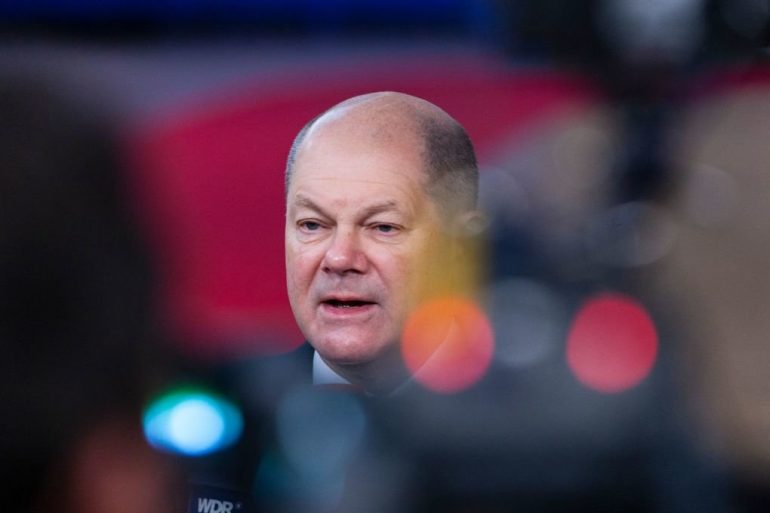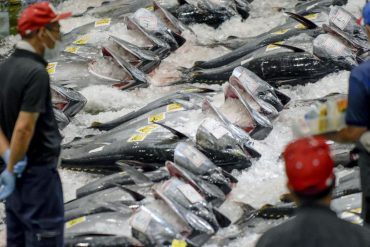According to the European Union Commission, a new law in the United States hurts companies in the European Union. Exceptions are being sought – they already exist for Canada and Mexico.
Chancellor Olaf Scholz (SPD) is counting on the USA allowing exceptions for the EU in measures to support its economy. “It’s very clear that’s based on what the conditions are for Canada,” Scholz said yesterday after an EU summit in Brussels on talks with the United States. “And we also have a feeling that we will be successful.”
US President Joe Biden signed the Inflation Reduction Act in August. The law provides for billions of investments in climate protection and social affairs. According to the European Union Commission, this puts EU companies at a disadvantage compared to their US competitors. Subsidies and tax credits are tied, among other things, to the fact that companies use American products or produce them in the USA. The EU is pushing for exceptions such as Canada and Mexico.
“Protect own industrial development.”
However, Scholz stresses that even with such exceptions, not all problems have been resolved. In the next few weeks, there will be talk of agreeing on a fair framework with the US. “And then it would be a matter of making rules to protect our own industrial development.”
French President Emmanuel Macron spoke in favor of supporting the economy in the European Union like the United States — against international trade rules if necessary. “We enforce rules that others don’t,” Macron said. You may decide to continue doing so even if the two largest economic powers, China and the United States, do not enforce the rules. “But I don’t think it’s a good idea,” Macron said.
EU Commission President Ursula von der Leyen generally rates the US law positively, as the United States is investing heavily in climate-friendly restructuring of the economy for the first time. However, parts of it are worrying. “What we want is fairness,” she said. Von der Leyen was tasked by the leaders at the summit to propose a response to the US legislation by January. (dpa)

Devoted web advocate. Bacon scholar. Internet lover. Passionate twitteraholic. Unable to type with boxing gloves on. Lifelong beer fanatic.





